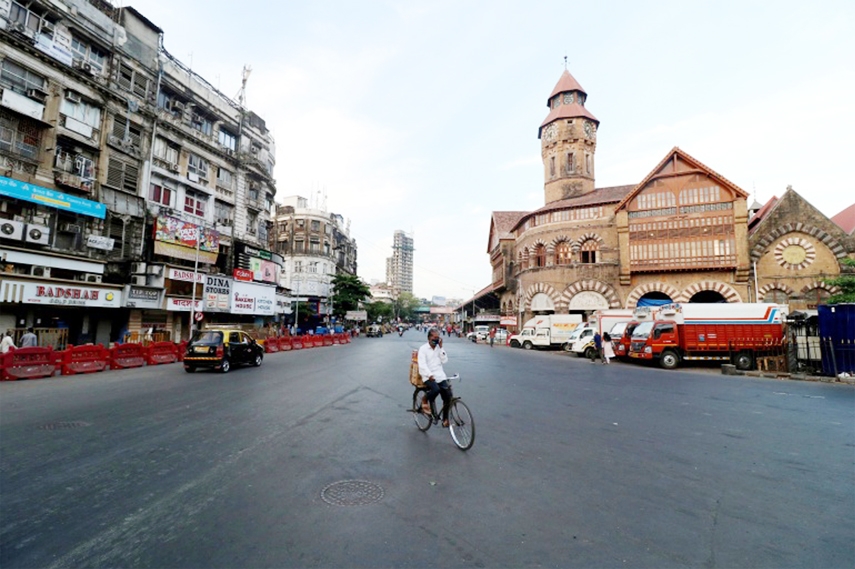
Al Jazeera :
Ravi Bansod lost almost everything when India imposed a nationwide lockdown to halt the spread of the coronavirus in March 2020.
After investing five years and one million Indian rupees ($13,515) in his Mumbai curry shop, the 29-year-old small business owner was forced to shut up shop. Once outgoing, he became so depressed and withdrawn that his friends referred him to a psychotherapist.
Two years later, Bansod is still trying to rebuild his life and lives in fear of the government taking away everything he has worked for again amid the spread of the Omicron variant.
“I feel that lockdowns should be imposed so that only vulnerable people like the old and those with comorbidities are restricted from going outside,” Bansod told Al Jazeera.
“The youth are at a lower risk of… severe illness and should have been allowed to continue to work during the first two waves. But poor policy by the government has caused havoc in the lives of thousands of young people.” India’s unemployment rate in December stood at 7.91 percent, compared with 6.3 percent in 2018-19 and 4.7 percent in 2017-18.
India’s youth – who make up more than one-fifth of the country’s 1.4 billion people – have borne the brunt of the job losses.
Nearly 30 million Indians aged 20 to 29 were jobless and looking for work in 2021, accounting for 85 percent of the unemployed, according to the Centre for Monitoring Indian Economy (CMIE).
“There is no doubt that the young generation is disproportionately affected by this situation,” Radhicka Kapoor, an economist at the Indian Council for Research on International Economic Relations (ICRIER), told Al Jazeera.
“During first and second lockdowns, many youth who were at the first jobs of their careers lost their jobs. And they remained unemployed for a good amount of time at the beginning of their career. This will have an effect on their career for a long time.
However, the unemployment rate among youth was high even before the pandemic. The pandemic just exacerbated the job losses.”
Prakash Chouhan is among hundreds of Indians who gather at a ‘labour corner’ in Pune each day to find casual work [Courtesy of Varsha Torgalkar]
India is currently grappling with a third wave of infections fuelled by the highly transmissible Omicron coronavirus variant, with nearly 1.75 million active cases as of February 2. The world’s second-most populous nation has reported nearly 500,000 deaths so far.
New Delhi, however, has not imposed another nationwide lockdown, with states instead implementing restrictions based on local caseloads.
States with high cases like Maharashtra have closed schools and universities, while Delhi has asked all employees to work from home. Many states have banned gatherings of more than five people at night.
“India cannot afford total lockdown or strict restrictions that can cause economic disruption,” Bhabesh Hazarika, an economist at the National Institute of Public Finance and Policy (NIPFP), told Al Jazeera.

